Sustainable Symbiosis: Rausa Pavilion & the Power of Reed Materials
The conversion of landscapes and destruction of wetlands, accompanied by the loss of biodiversity, lead to the land becoming impermeable and increase the chances of flooding. In response to this issue, a pavilion was constructed in the French city of Reims, serving as a reminder for visitors of the significance of gardens and farmland, and their contribution towards maintaining ecological balance.
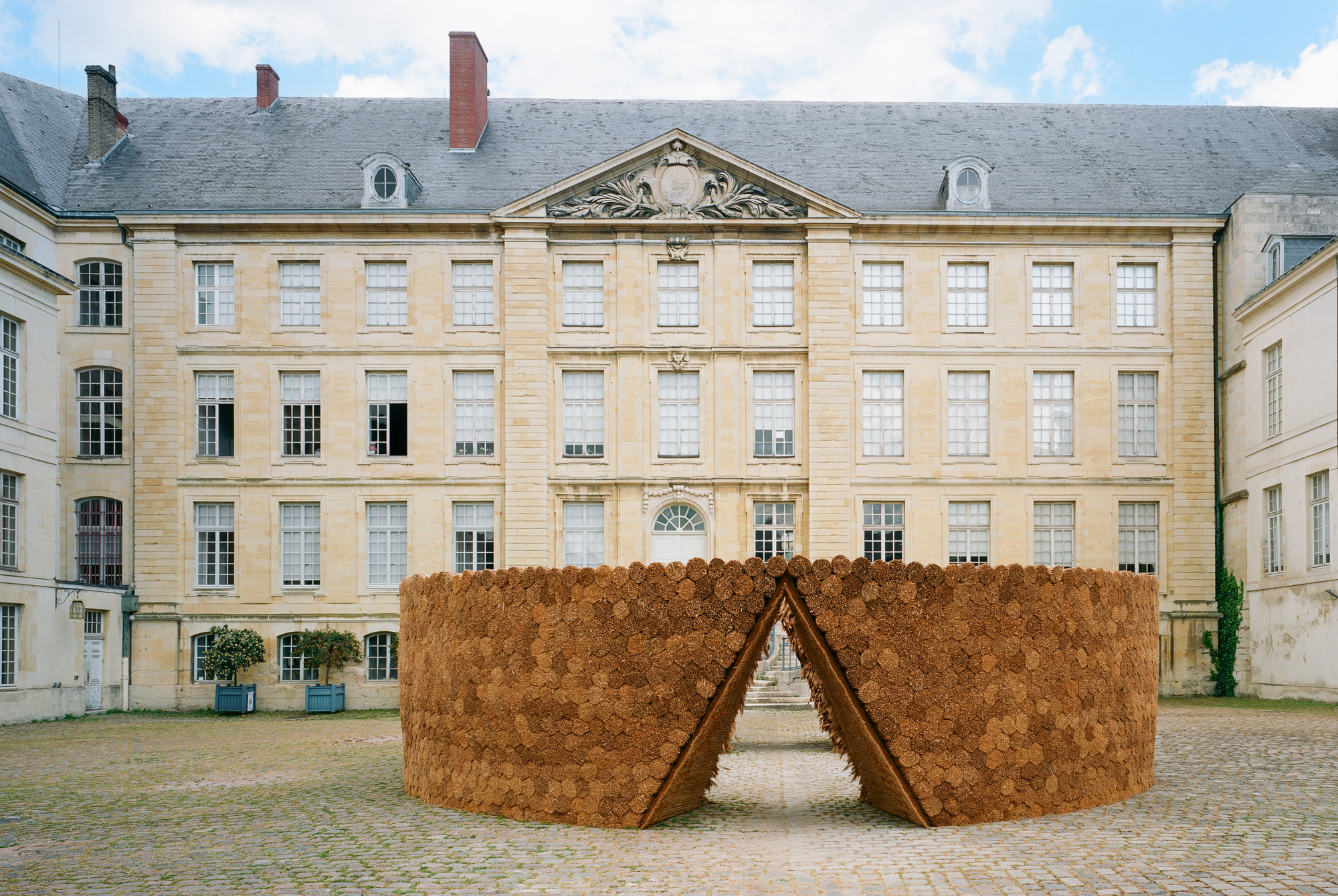 Paviliun Rausa by Atelier Faber
Paviliun Rausa by Atelier Faber
It is a pavilion named Rausa which comes from the old French language meaning "reeds." The Rausa Pavilion became the venue for a literary event performance. This event also provided direction for visitors to think about the sustainability of the city of Reims and invited them to always be responsive to the context and environmental issues around their residence.
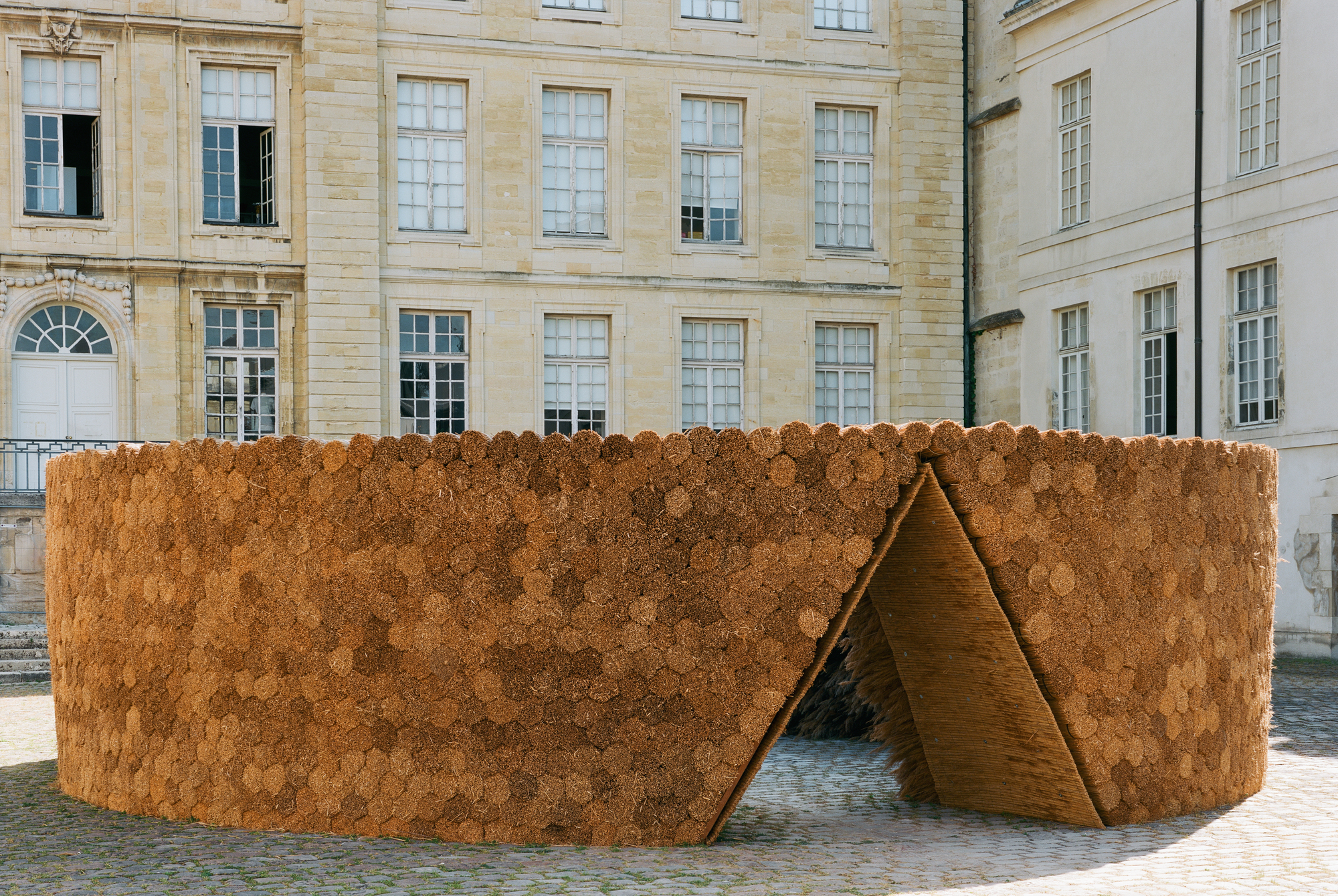 Rausa Pavilion - raising awareness of nature preservation
Rausa Pavilion - raising awareness of nature preservation
Luca Antognologi and Gabriel Pontoizeau, founders of Atelier Faber, created the Rausa Pavilion by upholding traditional values. This can be seen in the design of pavilions that use reeds as the main material. Located in the center of the courtyard of the Musee Saint-Remi, France, this collection of rods was then stacked upwards to form a solid outer wall. The result is a contrasting pavilion design with the inside consisting of delicate reed flowers.
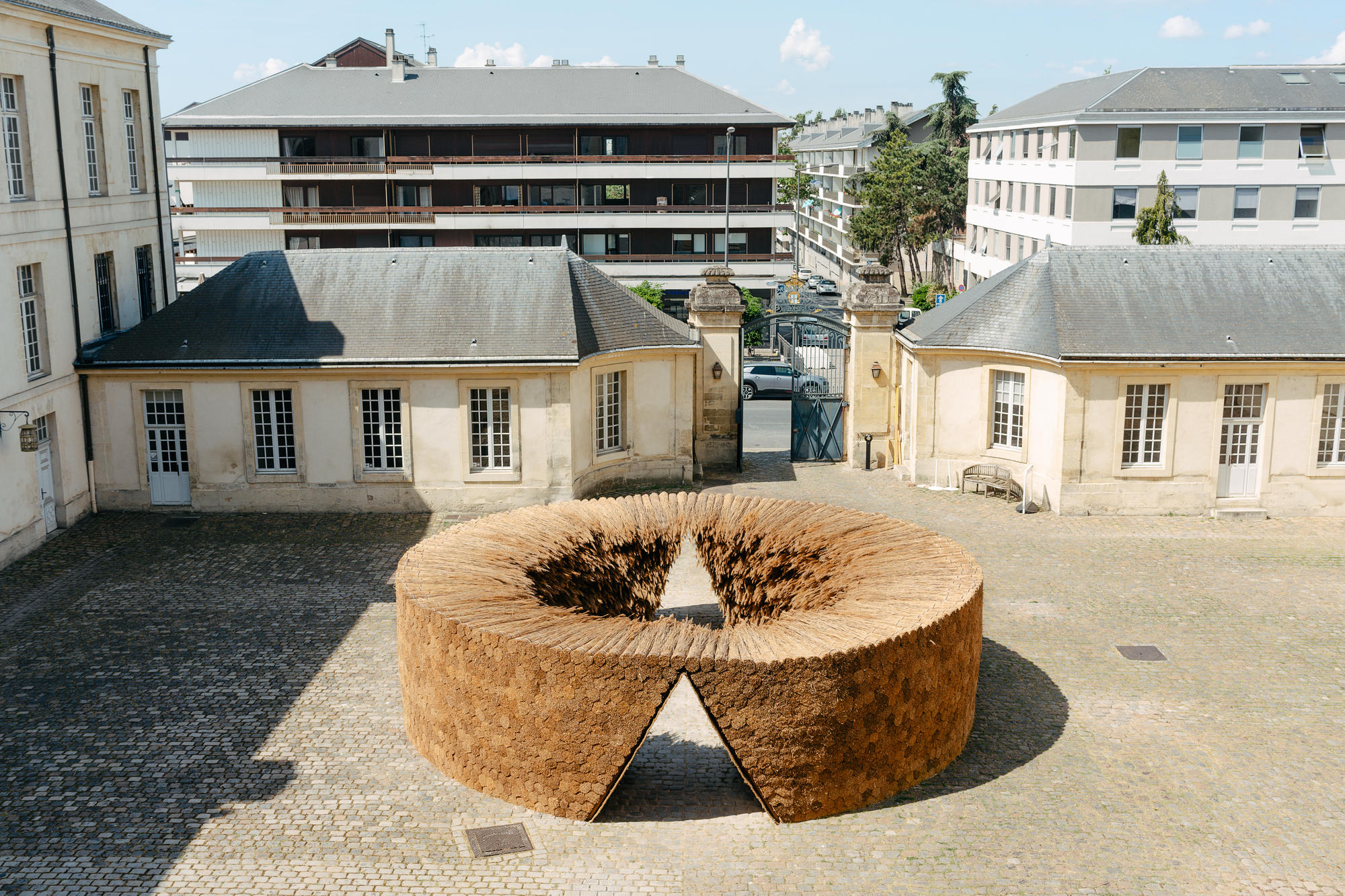 Rausa Pavilion made of reeds
Rausa Pavilion made of reeds
Rausa was built with a reed rod structure that merges and forms a circular motif. With brown gradations and triangular entrance access, this pavilion looks beautiful complementing the surrounding environment with its uniqueness. Not only that, the reeds can provide a somatic sensation experience for visitors.
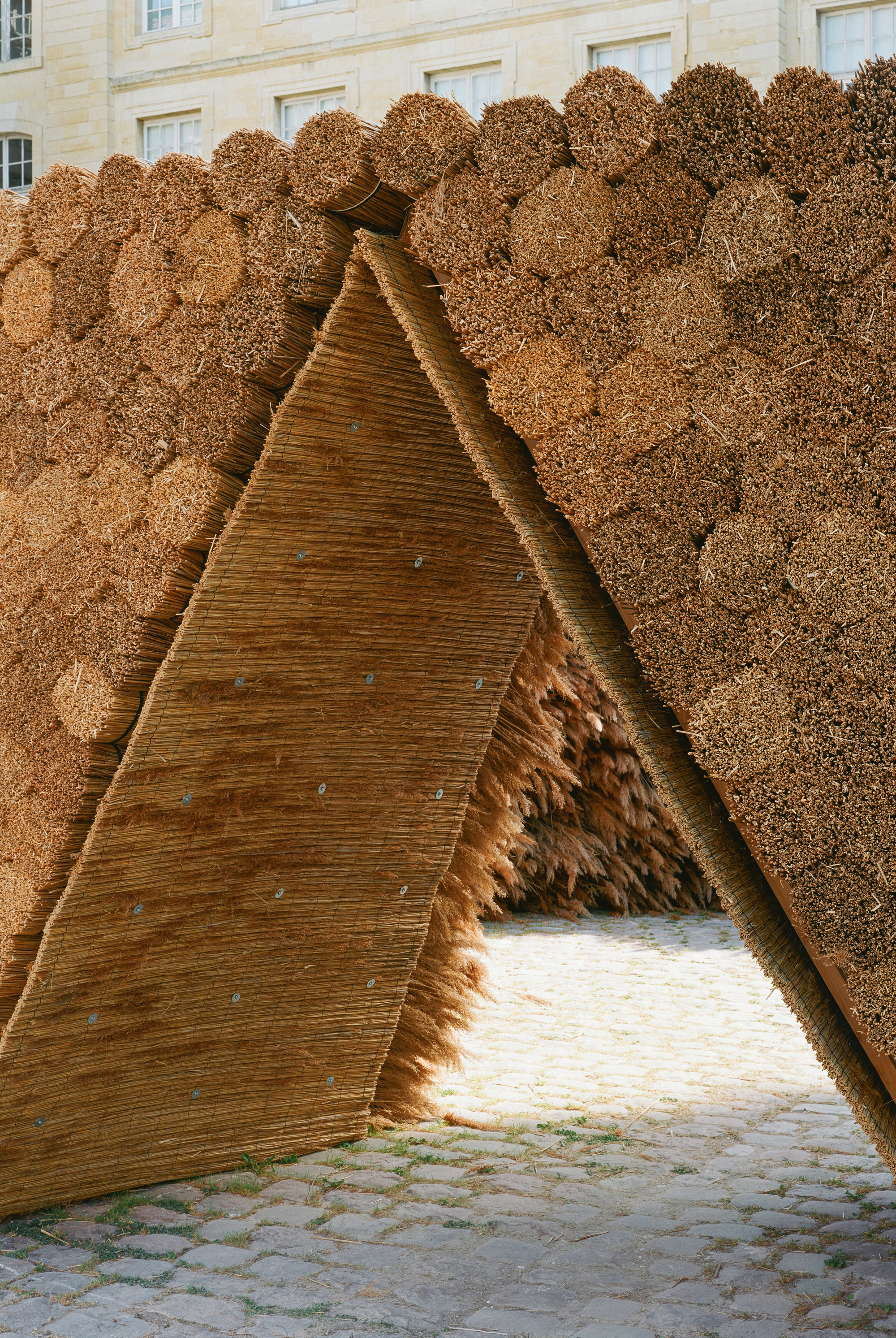 Details of reeds from the Rausa pavilion
Details of reeds from the Rausa pavilion
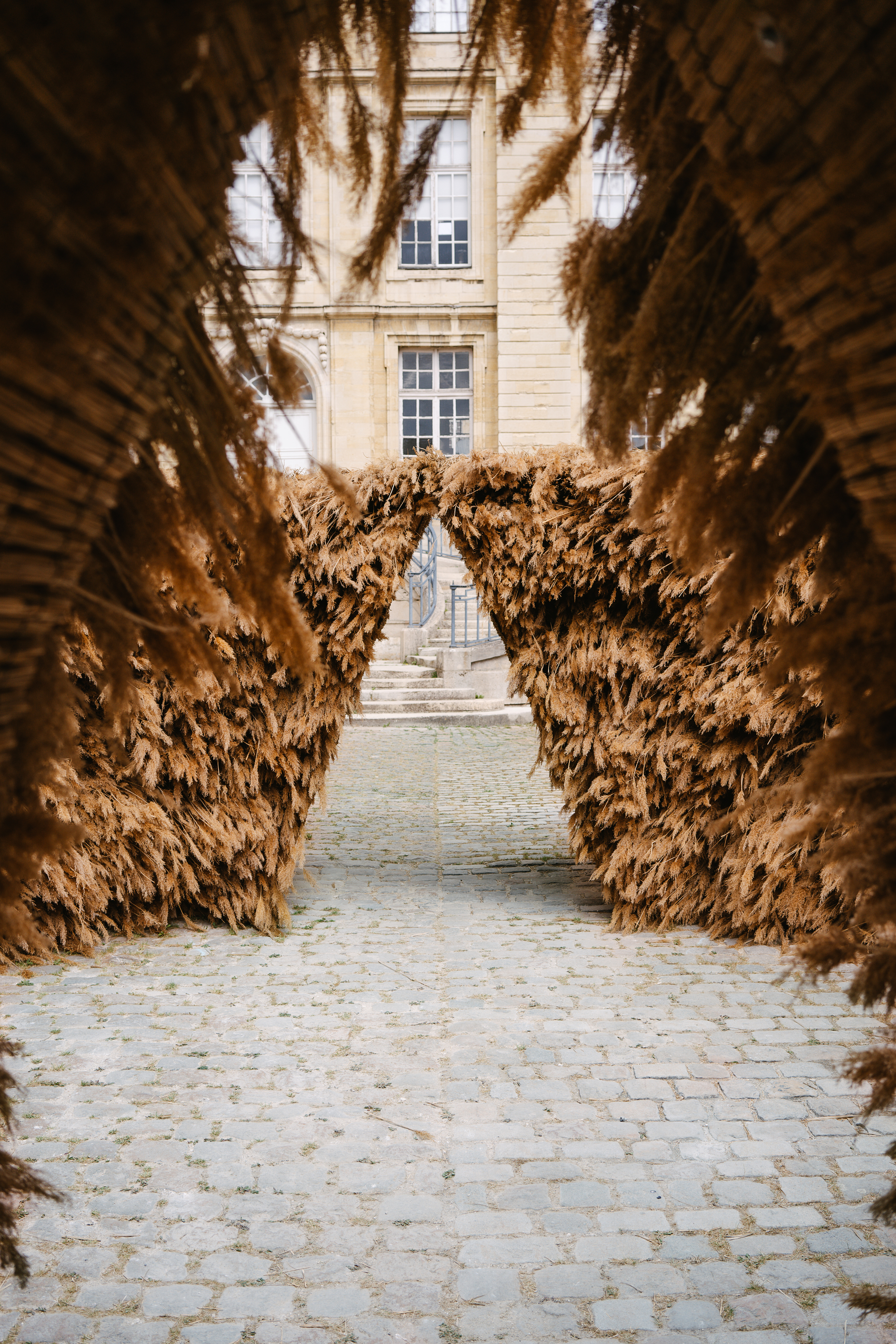 Triangular entrance to Rausa Pavilion
Triangular entrance to Rausa Pavilion
The Rausa Pavilion stood as a metaphor that symbolizes what is left of the green space in the heart of the city of Reims. Rausa was applied to the pavilion to increase visitor awareness of the preservation of the surrounding nature. Unprocessed reeds applied to the pavilion are intended to be reusable and can be turned into various products so that this pavilion does not leave waste.
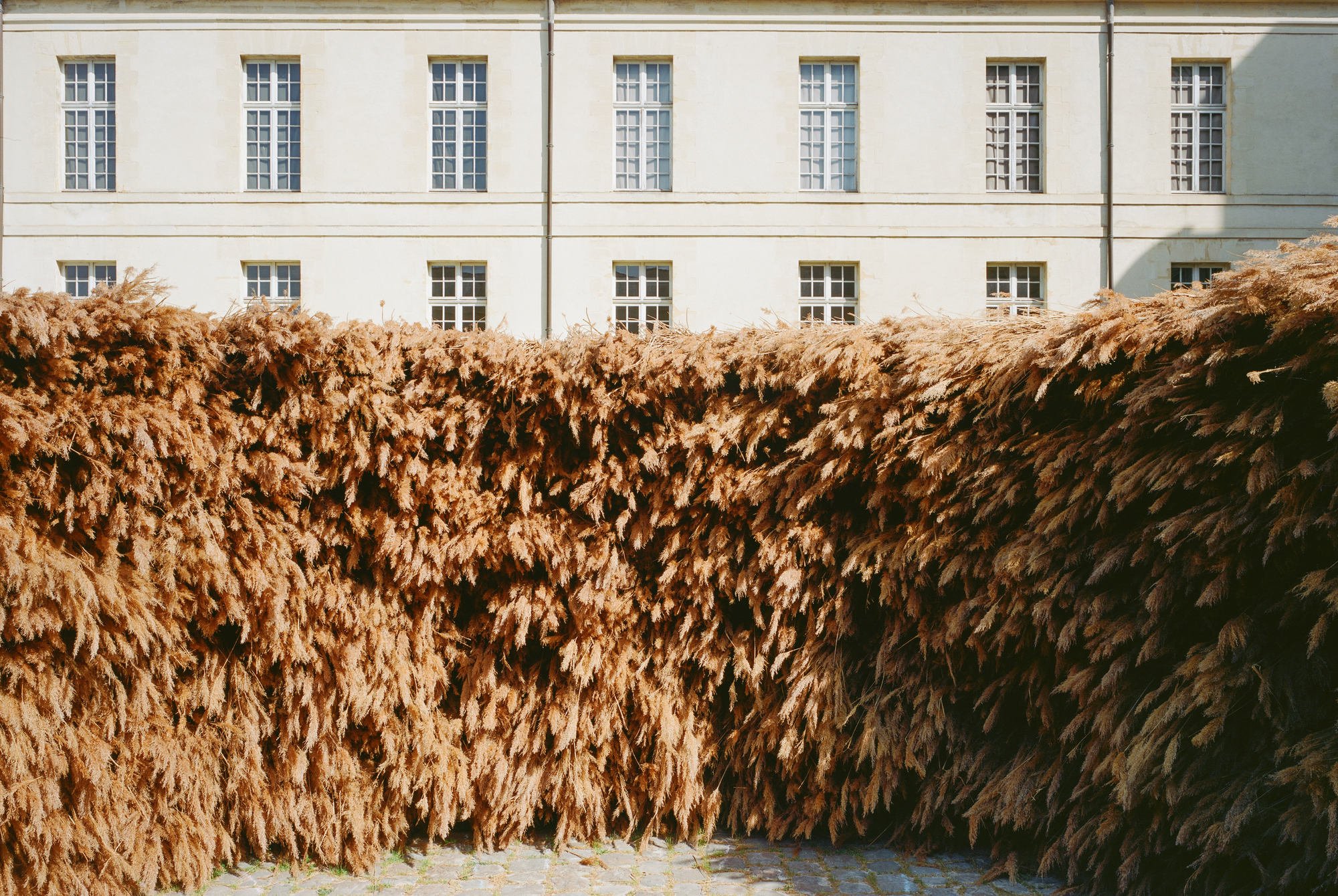 Details of reeds from the Rausa Pavilion
Details of reeds from the Rausa Pavilion


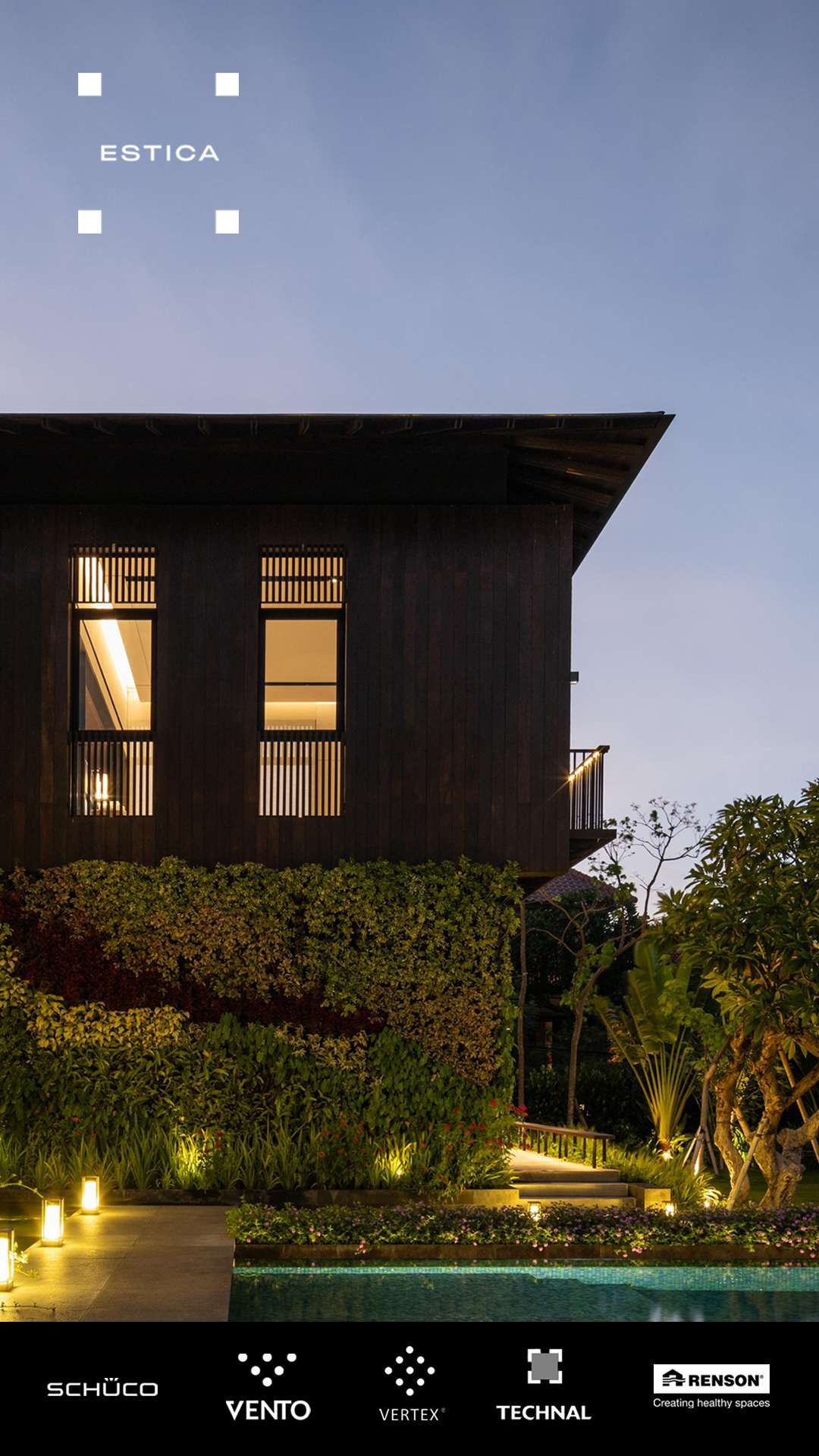
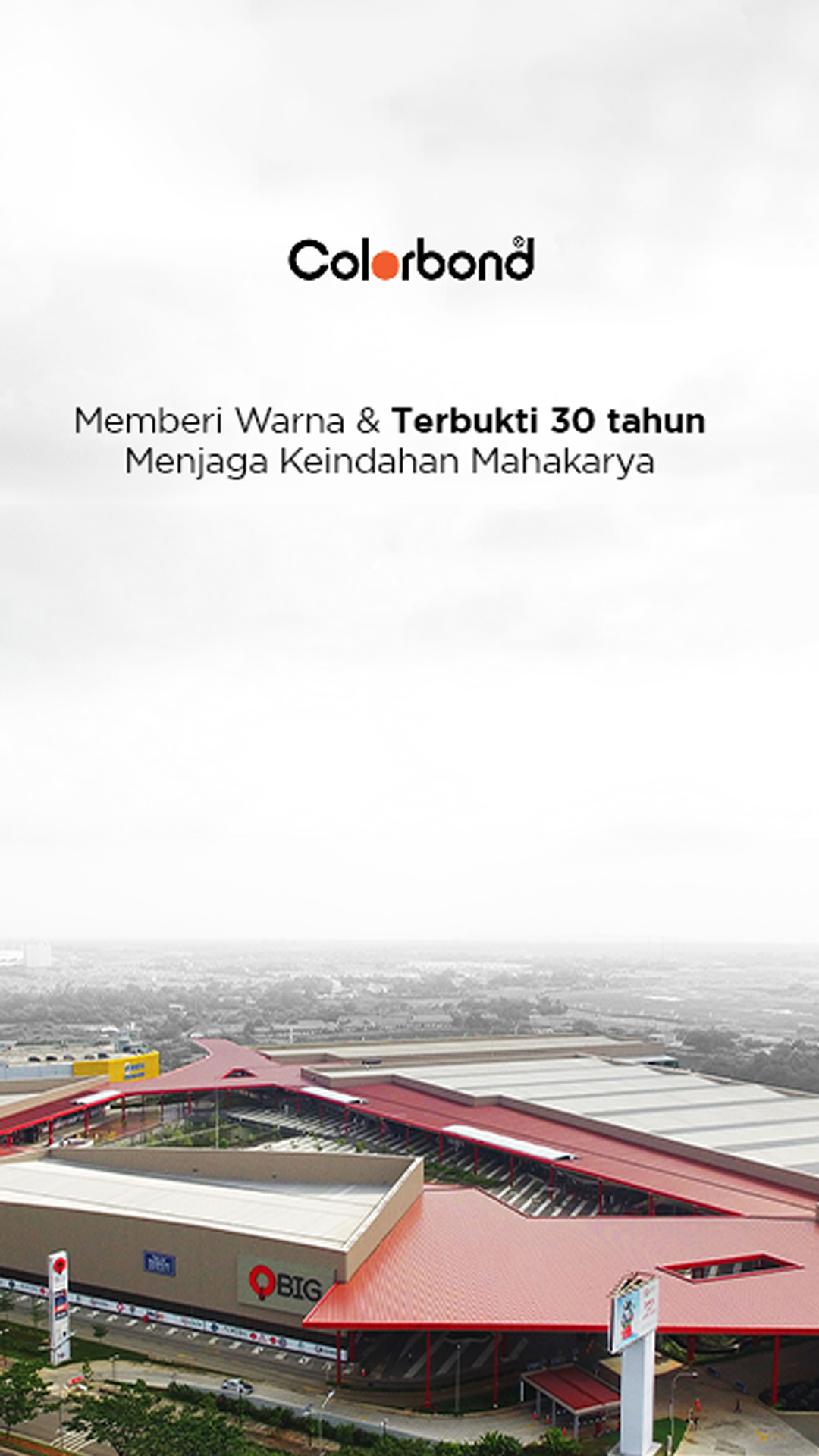


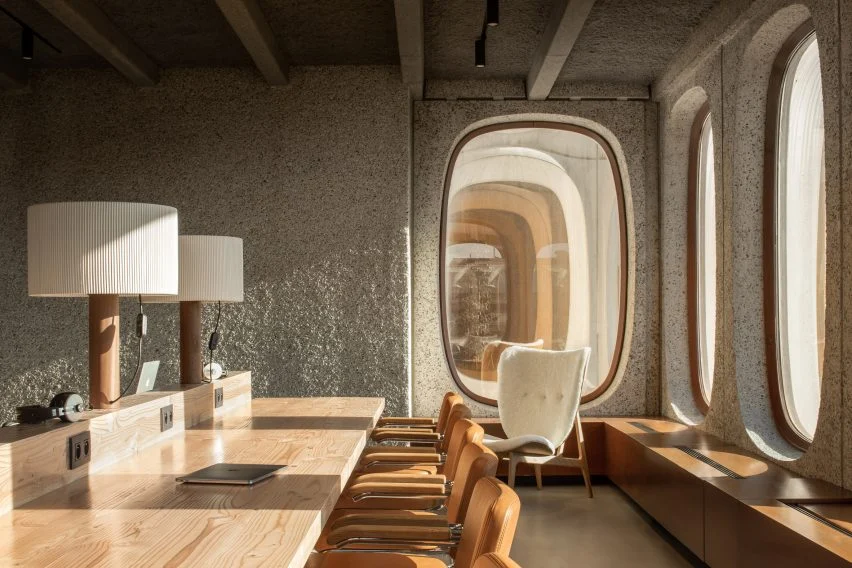
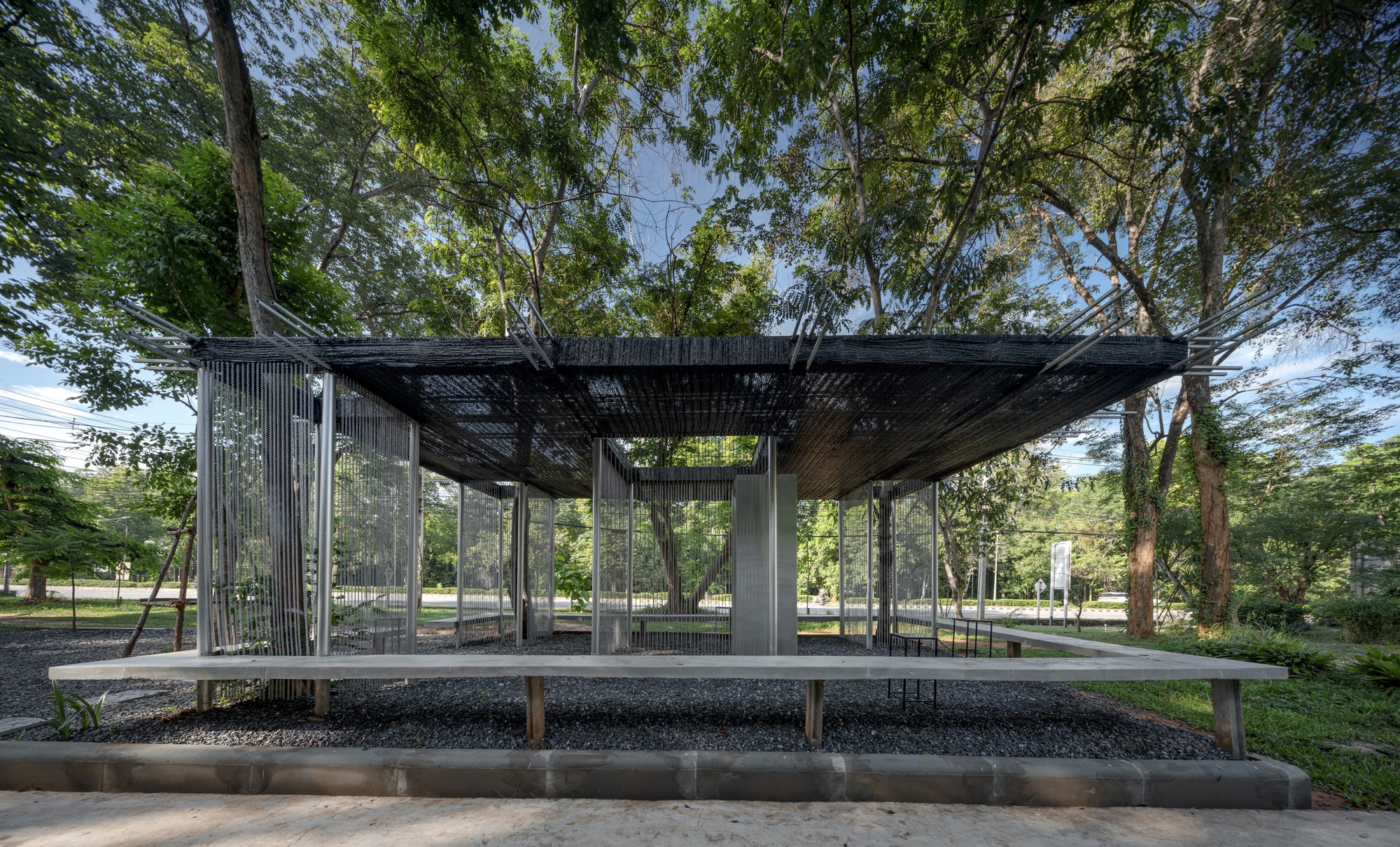
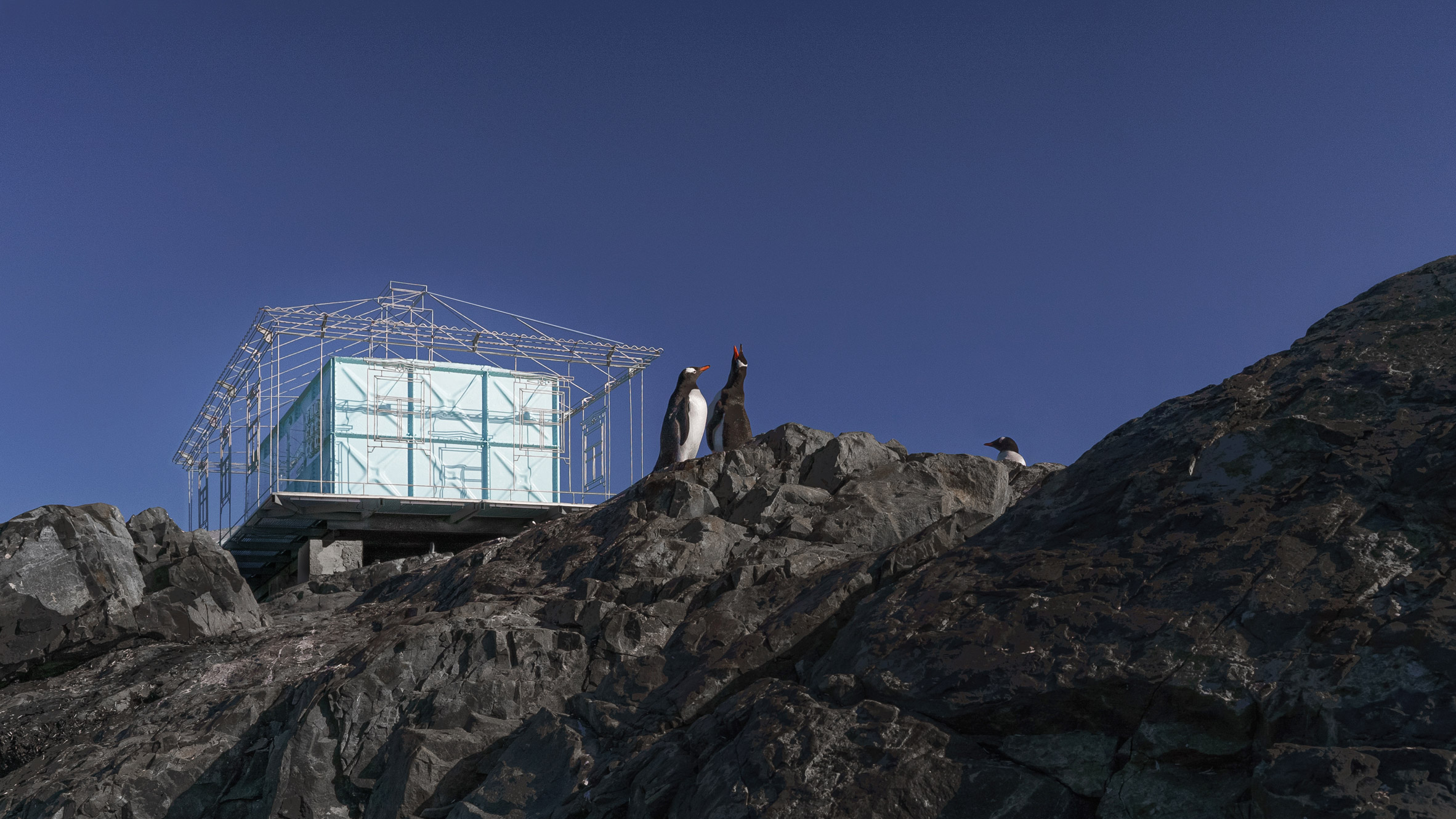
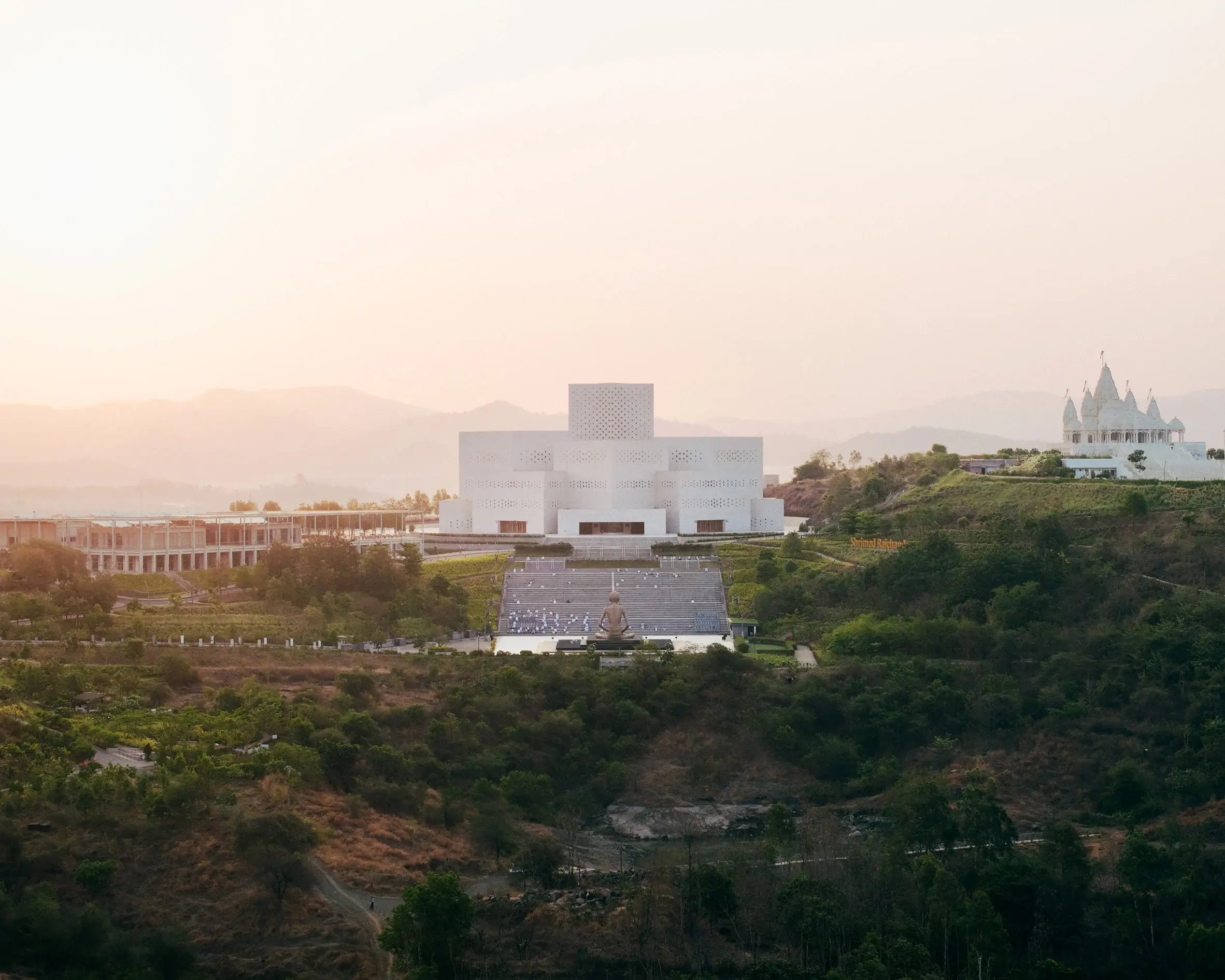
Authentication required
You must log in to post a comment.
Log in